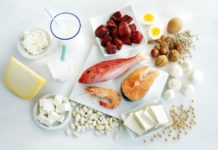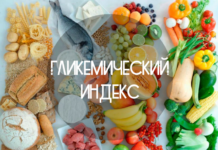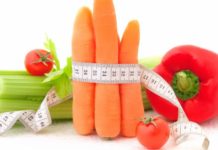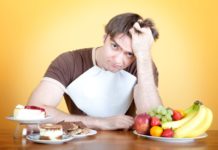Severe abdominal pain, vomiting - these symptoms are caused by pathogenic microbes, toxins and poisons that enter the digestive tract. And every time questions arise: what can I eat with poisoning, how to protect myself from complications? We give recommendations that will help to avoid dehydration and quickly restore the digestive tract.
Material Content:
General food poisoning guidelines
Diarrhea, vomiting are accompanied by a loss of water and mineral salts. The cause of this condition may be Staphylococcus aureus toxins in food. Another bacterium, Clostridium botulinum, secretes a deadly botulinum toxin. For a person, its amount equal to one hundredth of a milligram is dangerous. Symptoms of intoxication appear within a few hours or days after eating a spoiled product.
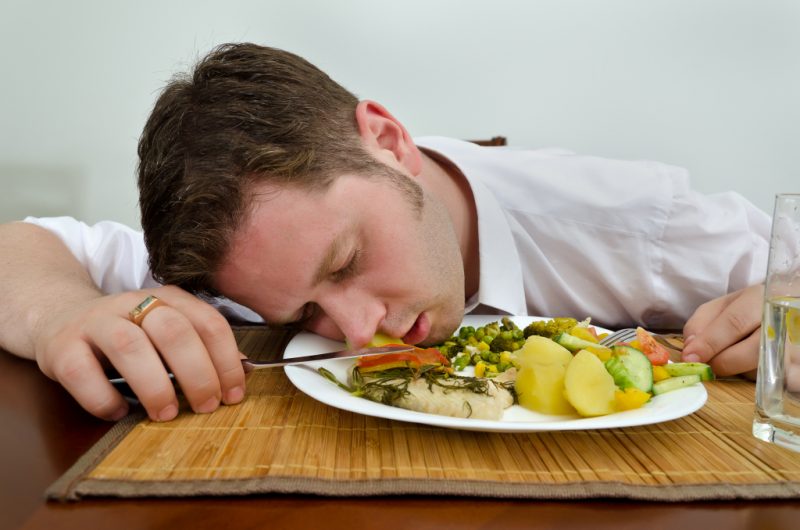
According to the latest recommendations of WHO medical experts, complete abstinence from food after poisoning is not advisable. When fasting, the intestinal mucosa is additionally irritated and damaged.
What is recommended for food poisoning to an adult:
- It is allowed to eat easily digestible foods that stimulate the intestines.
- Dishes are prepared without oil, spices and spices.
- Porridge is boiled on the water.
- Boil or stew vegetables.
- Meat dishes are eaten once a day - for lunch or afternoon snack.
- The patient can eat in the absence of severe vomiting.
- Do not eat with gastrointestinal bleeding, alkali or acid poisoning.
If you feel unwell, you can take the medicine for nausea "Omez D" (the combined drug contains domperidone and omeprazole). Diarrhea is treated with Loperamide, Diar, Imodium.Such drugs slow down bowel movements, but can prolong the course of food poisoning.
Enterosorbents accelerate the elimination of toxins and poisons of various origins before they enter the bloodstream. Active substances are not digested and are not absorbed in the intestines.
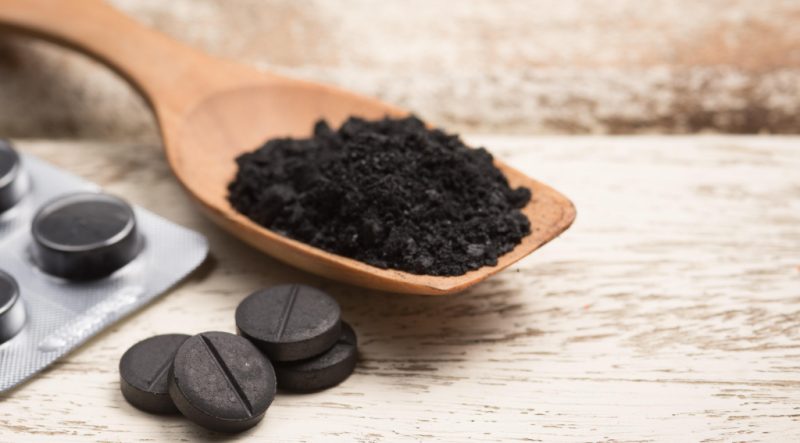
Intestinal sorbents:
- Activated carbon;
- white carboactive;
- Lactofiltrum;
- Polysorb MP;
- "Neosmectin";
- "Polyphepan";
- Enerosgel;
- Enterodez.
Sorbents help with poisoning with drugs, alcohol, drugs, bacterial toxins in food. Activated carbon in case of poisoning is taken 2 hours before a meal or 2 hours after a meal. The dosage depends on the weight (1 tablet per 10 kg of body weight).
It is recommended to consult a doctor when eating poisonous mushrooms or fish.
Read also: adult diarrhea - home treatment
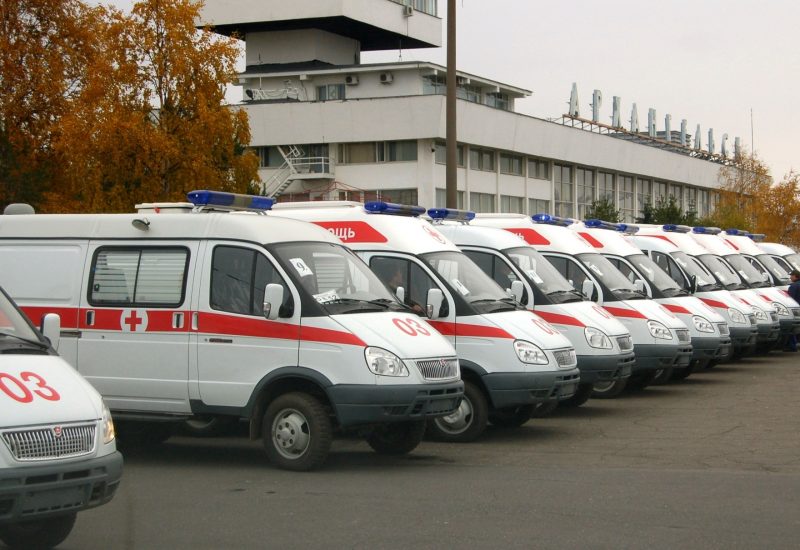
They cause an "ambulance":
- with poisoning to a baby;
- older people over 65;
- with difficulty breathing in the victim;
- cramps
- fainting.
Recommended Food
In the case of food poisoning, the activity of enzymes that break down basic substances decreases. Therefore, vegetables and fruits are poorly absorbed, as they contain insoluble and sparingly soluble fibers. It is recommended to follow a diet low in fat and protein during the period of illness.
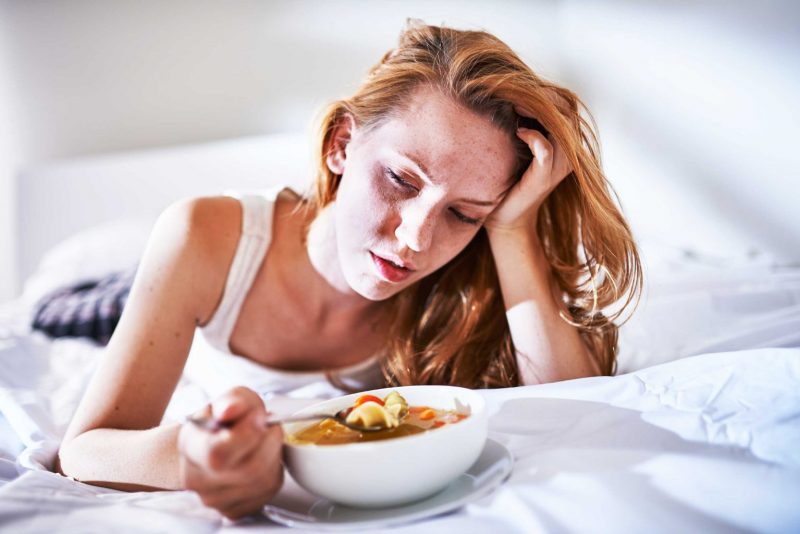
You can eat easily digestible foods during poisoning:
- low-fat chicken breast broth;
- steamed cutlets;
- cottage cheese casserole or souffle;
- semi-liquid vegetable puree;
- steam fish cakes;
- stewed carrots with rice;
- rice porridge on the water;
- homemade crackers, crackers, biscuit cookies;
- vegetable soup puree.
On the first day, the patient is given rice broth that stops diarrhea. In the following days, chicken broth made from fillet is offered. It is recommended to drain the first water after boiling. Chicken broth is a folk remedy for many diseases. A healthy dish was highly regarded already in antiquity. In the East, they joked: “The poor man eats chicken in two cases: when he is sick or the chicken is sick.
What can I drink in case of poisoning?
Vomiting and diarrhea are accompanied by loss of water and electrolytes. It is necessary to compensate for this process by taking saline solutions.
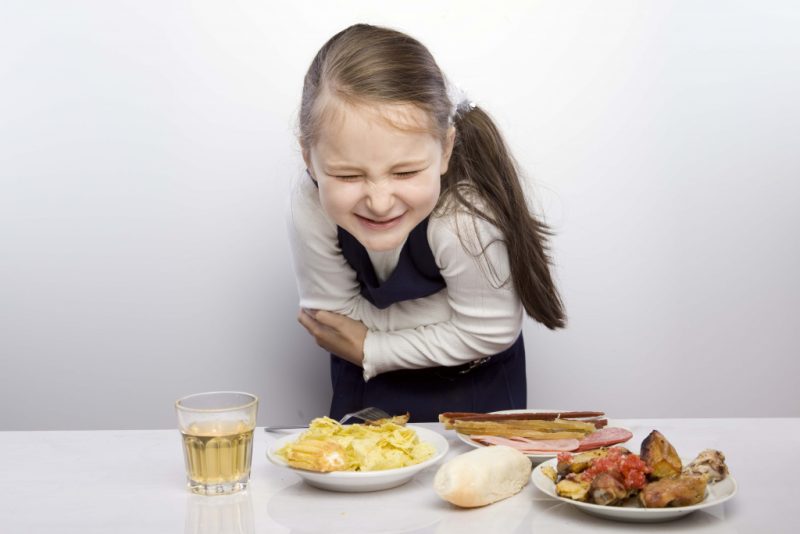
Start with 1 tablespoon and bring the volume of fluid used to 1 cup every hour. The total amount of fluid consumed should be from 2.5 to 4 liters per day. Thanks to leaching the intestines, toxins are eliminated from the body faster.
- In the early days, it is useful to drink saline solutions for rehydration. You can buy in the pharmacy anti-dehydration drugs "Regidron" or "Hydrovit." The powder is diluted with water, the liquid is taken during the day.
- Instead of a pharmacy drug, you can prepare a solution of 6 tsp. sugar and 1 tsp. salt in 1 liter of water. Liquids after oral administration normalize the water-salt balance, thicken the contents of the intestines, stop diarrhea.
- It is recommended to drink table mineral water without gas, weak green or black tea (sweetened).
- Infusions of chamomile, rose hips, mint leaves with honey are good detoxifying agents.
- It is recommended to add pieces of dried berries and fruits when brewing tea. Blueberries, blackberries, bird cherry, dogwood, raspberry leaves are rich in tannins, which stop diarrhea, protect the intestinal mucosa.
Properties of herbal teas:
- cleansing;
- antibacterial;
- anti-inflammatory;
- tonic;
- vitamin.
The volume of rehydrating fluid can be calculated. To prevent dehydration, it is enough to take 40 ml per 1 kg of body weight per day. So, an adult weighing 75 kg needs 3 liters per day.
Prohibited foods for illness
Do not eat foods that are heavy for digestion. The gastrointestinal tract is overloaded, the elimination of toxins slows down. Violation of the diet after food poisoning often causes acute and chronic gastritis, enterocolitis.
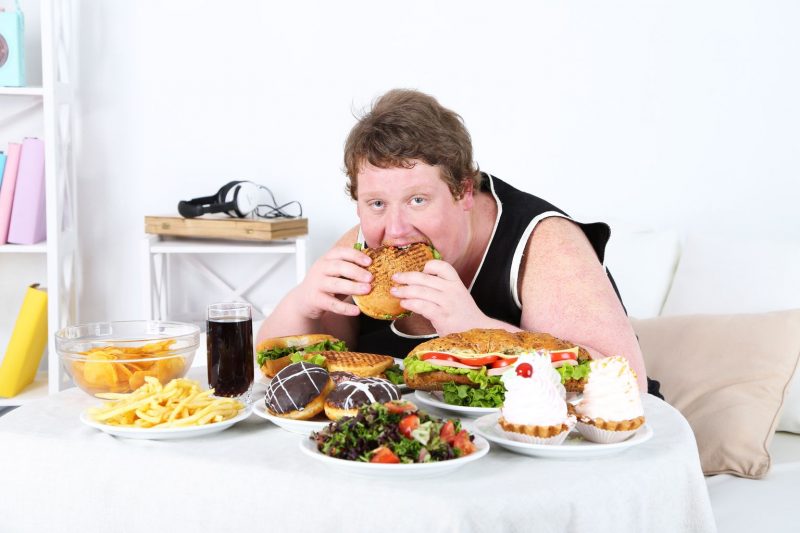
Prohibited foods and dishes:
- saturated meat broths, fried meat, sausages, fried eggs;
- fresh bakery products, pies, biscuits;
- fried, smoked and salted fish, canned fish;
- confectionery, chocolate;
- milk and dairy products;
- legumes, nuts, seeds;
- raw vegetables and fruits;
- sauces;
- mushrooms.
Overly sour or sweet compotes, natural and instant coffee, sparkling water, strongly brewed tea, and alcohol are prohibited.
Recovery diet after poisoning
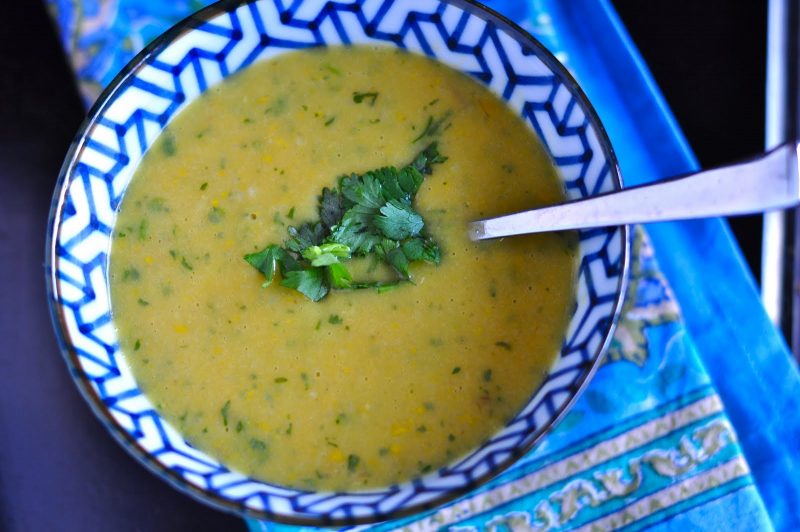
On the first day, the patient is offered a rice decoction of the mucous consistency.
- Cook 2 tbsp. l rice in slightly salted water.
- After the formation of thick mucus, add 2 tbsp. l oatmeal and cook another 15 minutes.
- Use the cooled dish in small portions throughout the day.
- Complement the menu with white bread crumbs.
From the second day of the disease, the patient is prepared with vegetable soup puree - 150 - 200 ml. Give 2 crackers, mineral still water, sweetened tea.
On the third day, rice porridge is prepared on the water (up to 300 g per day), 200 ml of vegetable puree soup, 4 crackers, 2 biscuit cookies are offered.
From the fourth and fifth days the diet is more diverse: chicken broth (200 - 400 ml) with meatballs, boiled rice, boiled fish cutlet (100 g), steam egg omelet, cottage cheese casserole.
You can give a baked apple and boiled carrots rich in pectins. The latter are natural intestinal sorbents, bind toxins. Of fresh fruits, bananas are allowed.
How to introduce new products?
It is recommended to follow a sparing diet for 1 to 2 weeks. After the period of severe restrictions, you need to gradually introduce vegetables, meat, milk, fruits - one new product (dish) each day.
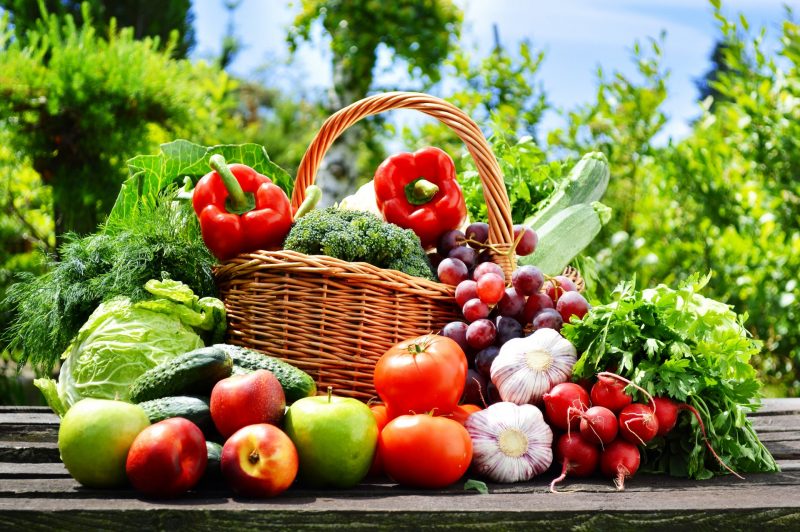
A sharp exit from the diet and a quick return to normal nutrition is a big burden on the stomach, pancreas and intestines.
Haste can cause the resumption of diarrhea, the appearance of dyspepsia, flatulence. In the worst case, gastritis, pancreatitis, enteritis develop.
Poison Prevention
The following recommendations will help prevent bacteria toxins from entering the gastrointestinal tract.
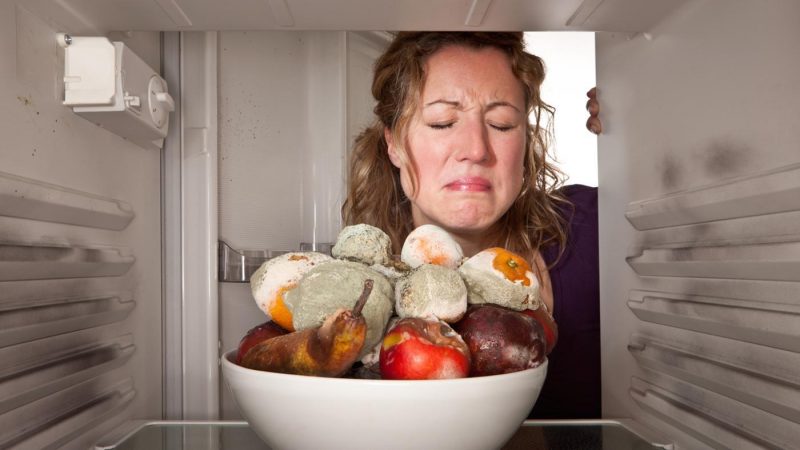
- Perishable products are stored in clean trays with a lid on the shelves of the refrigerator.
- Stuffing is best used on the day of purchase or stored in the freezer. This product is most susceptible to colonization by microbes and quickly becomes a breeding ground for them.
- Thermal culinary processing destroys most bacteria, but not all. Staphylococcus aureus toxins persist even after 30 minutes of heating at 100 ° C. Cook, fry or stew meat, fish, poultry for a sufficient period of time.
- Wash your hands thoroughly before and after cooking, immediately before eating.
- Fresh meat, fish and vegetables are washed with running water. For cutting poultry or fish, slicing meat, bread, vegetables, separate kitchen boards are used. The utensils are thoroughly cleaned and rinsed.
A diet after food poisoning is an essential component of therapy. Due to compliance with the drinking regime and the use of recommended foods, the patient's condition should improve within 2 to 3 days.



